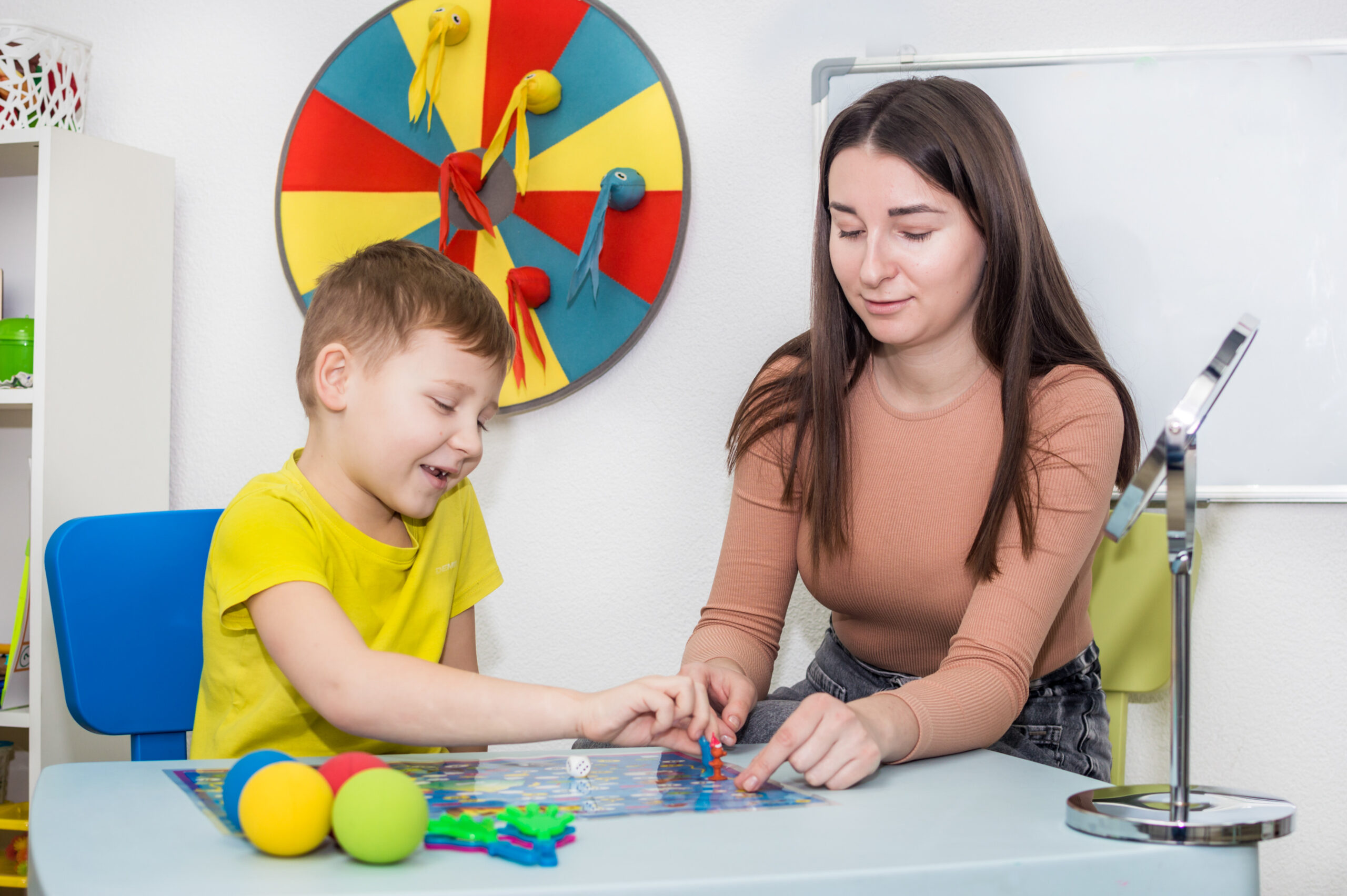Are you looking for a speech therapist for your child? Deciding to seek help for your child’s speech and language needs can be a crucial step towards opening their full possibility. Whether your child is struggling with articulation, language comprehension, stuttering, or any other speech-related challenge, finding the right therapist is paramount. A qualified speech therapist can provide the specialized support and guidance needed to address your child’s specific communication difficulties and help them thrive in their social, academic, and personal endeavours. But with so many options available, it’s important to consider several factors to ensure you find the best fit for your child’s unique needs.
Finding a Speech Therapist for your child is quite an easy task; you need to use a search engine and add your location—for example, the best speech Therapist in Hyderabad—and you will get your desired result. But before selecting one, there are numerous things to check. In this blog, we will delve into the signs & symptoms of speech disorders, the qualities of the best speech therapist and how to find one.
Signs and symptoms to look out for in children with speech disorders
Recognizing the signs and symptoms of speech disorders in children is crucial for early intervention and support. Here are some common signs to look out for:
- Articulation Difficulties: Difficulty pronouncing certain sounds or words correctly, such as substituting one sound for another (“wed” instead of “red”), omitting sounds in words (“nake” instead of “snake”), or distorting sounds.
- Limited Vocabulary: A limited vocabulary for their age, difficulty learning new words, or challenges recalling and using words appropriately in conversation.
- Difficulty Being Understood: Consistently unclear or difficult-to-understand speech, even for familiar listeners like family members or caregivers.
- Speech Disfluencies: Repetitions of sounds, syllables, or words (e.g., “b-b-b-ball”), prolongations of sounds (e.g., “sssssnake”), or interruptions in the flow of speech, such as frequent hesitations or pauses.
- Inconsistent Speech Errors: Inconsistent production of sounds or patterns of speech errors, where the child may pronounce a word correctly one time but incorrectly another time.
If you can see the signs mentioned above in your child, then it’s high time that your child needs a speech therapist. You can find them by searching on a search engine along with your location- For example- The best Speech Therapist in Hyderabad, or you can take recommendations from your family and friends.
In further reading, you will learn what qualities the best speech therapist must have and how to find the best one for your child.
Qualities of a Great Speech Therapist
Qualities of a great speech therapist include:
- Empathy and Patience: A great speech therapist demonstrates empathy towards their clients, understanding the challenges they face in communication. Patience is essential as progress in speech therapy can be gradual, requiring perseverance and support.
- Effective Communication Skills: Excellent communication skills are fundamental for a speech therapist to build rapport with clients, explain therapy techniques clearly, and provide feedback in a constructive and supportive manner. They should also be able to collaborate effectively with other professionals involved in the client’s care.
- Expertise and Knowledge: A great speech therapist possesses extensive knowledge and expertise in speech-language pathology, including understanding the anatomy and physiology of speech production, language development, and a wide range of speech disorder symptoms. They stay updated with the latest research and evidence-based practices in the field.
- Passion and Commitment: Passion for helping others communicate effectively and a genuine commitment to their client’s well-being are hallmark qualities of a great speech therapist. They are dedicated to continuously improving their skills, advocating for their clients, and empowering them to achieve their full potential in communication and social interaction.
Finding the Best Speech Therapist for Your Child
Finding the best speech therapist for your child involves careful consideration and research. Here are five points to help you in your search:
- Credentials and Qualifications: Look for a speech therapist who is licensed or certified by relevant professional organizations in your country or region. Check their educational background, certifications, and experience working with children, especially those with similar speech disorders or communication challenges as your child.
- Specialization and Experience: Consider the therapist’s specialization and experience in treating the specific speech disorder or communication needs your child has. Some therapists may specialize in areas such as articulation disorders, stuttering, or autism spectrum disorder. Choose a therapist who has experience and success in treating children with similar concerns.
- Personal Compatibility: It’s important for your child to feel comfortable and connected with their speech therapist. Schedule an initial consultation or trial session to assess how well the therapist interacts with your child and whether they establish a positive rapport. A good therapist should be patient, empathetic, and able to engage your child in therapy activities effectively.
- Evidence-Based Practices: Look for a speech therapist who uses evidence-based practices and incorporates the latest research findings into their therapy approach. Ask about the techniques and methods they use during therapy sessions and inquire about their success rates in helping children achieve their communication goals.
Conclusion
Finding the right speech therapist for your child is crucial for their communication development and overall well-being. A skilled and empathetic speech therapist not only helps improve your child’s speech and language abilities but also fosters their confidence, self-expression, and social interactions. Investing in the right speech therapist can make a significant difference in your child’s journey towards completing their full possibility in communication and building a brighter future.







